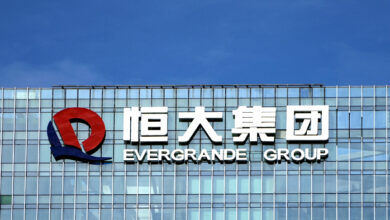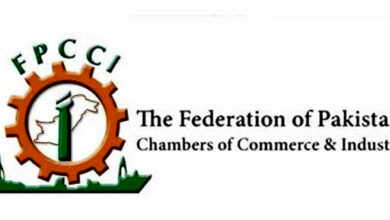Germany’s Property Market Crash: The Rise and Fall of a Developer’s Dream

MUNICH – A famed German property developer, Stefan Hoeglmaier, finds himself amidst a storm as he struggles to sell a luxury penthouse constructed on a World War II bunker. His company, Euroboden, recently filed for insolvency, epitomizing the downturn experienced by the larger German real estate sector.
Previously, low interest rates ignited a worldwide real estate interest, with Germany being a prime hotspot. However, sudden increases in interest rates paired with escalating energy and construction costs brought this boom to a halt. This turbulence has pushed numerous developers into bankruptcy, halted deals, and decreased property prices. The severity of the downturn has even led industry stakeholders to seek assistance from Chancellor Olaf Scholz.
The property landscape drastically shifted in 2022 when the European Central Bank hiked interest rates, complicating the borrowing process for developers and the purchase process for prospective buyers.
Germany’s property health is of paramount importance, given that it constitutes approximately 20% of the nation’s output and provides employment for one out of every ten citizens. Notably, the number of new buildings in the first half of the year has significantly reduced compared to previous years.
Stefan Hoeglmaier’s ambitious journey began in 2010 when he acquired an old bunker in Munich’s affluent district to transform it into lavish apartments. This venture saw immense success during the ensuing decade, with Euroboden executing numerous projects, generating millions in profit, and expanding its horizons beyond Munich.
The real estate surge, however, met an unexpected end. The rapid escalation of interest rates took many by surprise. Euroboden, sensing the impending crisis, issued a profit warning, and Hoeglmaier put up his penthouse for sale. As the pressure mounted, Euroboden attempted to renegotiate with investors. However, faced with non-cooperation, the company declared bankruptcy.
It’s crucial to understand that Euroboden’s struggles aren’t an anomaly. Multiple German real estate firms have faced similar challenges, with Duesseldorf-based Gerch being the largest to crumble.
Property experts are now drawing parallels to the 1990s property crash post the Berlin Wall’s fall, anticipating this downturn to be even steeper. While lenders were cautioned about the volatile property market in 2020, their reaction time has been slow, thereby compounding the crisis.
The global property slump isn’t exclusive to Germany. Countries like Sweden and even major homebuilders in China have felt its impact.
Interestingly, Hoeglmaier’s famous bunker-turned-penthouse, initially priced at nearly 13 million euros, saw its price slashed by 2 million euros, but it remains one of Germany’s priciest apartments. Potential buyers might even have the chance to buy some of its exquisite furnishings.




